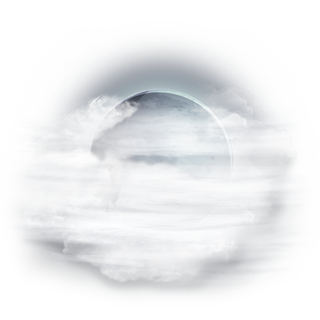Brandeis Physics PhD candidate Kanaya Malakar recently led efforts to establish the Women in Physics Group through the aid of a grant from the American Physical Society (APS). The APS awarded 20 grants to support their mission of bridging the gender gap in physics and scientific research. Through this award, as well as support from the Brandeis Department of Physics, Malakar hopes to create a community for women in physics at Brandeis, as well as anyone who seeks to make the field of physics a more inclusive place. Malakar detailed the support she received and the goals of the club in an interview with The Hoot.
The process of writing the grant and organizing the group involved the collaboration of several members of the physics department. Malakar co-wrote the grant with Gess Kelly, PhD ’23 in Physics, and Assistant Professor of Physics Hannah Yevick joined the team to be their faculty advisor. Additionally, Enid and Nate Ancell Professor of Physics Bulbul Chakraborty and Associate Professor of Physics Aparna Baskaran provided advice on the grant. Additionally, although the grant confers money to support the initiative for one year, Professor of Physics Gabriella Sciolla committed to matching the grant for the next year.
Motivated by strong women in her family and the desire to promote female participation in physics, Malakar decided to take action. She first described some of the challenges that women in physics face that she felt compelled to address in this grant. “There is a visible gender gap in physics. Women are underrepresented. As a result, a lot of issues that are specific to women are overlooked or neglected,” she explains.
Recent studies demonstrate the striking gender disparity in the field of physics. One study found that as of 2018, women make up only 20% of physics PhD recipients in the United States. Apart from physics, women make up a minority of representation in STEM. As of March 2023, women constitute 48% of the workforce in the United States but only make up 34% of jobs in STEM. This inequality persists for women well into their careers in STEM; women earn $342,000 compared to $659,000 earned by men through research grant funding.
Malakar described how in addition to factors such as parental leave and child care, there are several other factors that can make it difficult for women to feel included in the field of physics. “Many women feel the need to go out of their way to take a unidirectional interest in their male colleagues’ social pastimes (sports, beer etc) to feel included. If they don’t have time or interest in the aforementioned activities, there is a high chance that they will miss out on significant opportunities to socialize and bond with others in the field. Many of us have known such incidents when professional development opportunities have been extended ‘informally’ at these ‘social’ events which are not necessarily inclusive.”
By creating the Women in Physics club, Malakar recognized that increasing awareness of issues experienced by women is an important first step in addressing the unequal footing across the field. “With increased opportunities to socialize, we will become aware of each of our research expertise, technical skills and soft skills and just know each other better. This group provides a platform to showcase the wonderful works of our female colleagues. Our group also includes some male members who are keen on addressing the gender issue. Hence this is a platform to showcase our wonderful research and co-curricular activities to a broad audience and raise general awareness,” she wrote.
The Women in Physics group has several events lined up for the near future. In October, the group will collaborate with the Brandeis Materials Research Science and Engineering Center (MRSEC) to host educational outreach at Waltham High School. Additionally, they will collaborate with the Women in Science Initiative at Brandeis. The group also plans to engage in opportunities in the greater New England community. One member of the group will serve as a Brandeis representative in the New England Graduate Women in STEM. This will enable the group to network with other organizations centered around women’s inclusivity in STEM.
Apart from these initiatives, the group hosts monthly social meetings to promote friendship and enjoy downtime together. “One of our social events was a ‘craft circle’ where members got together and worked on a craft of their choice (knitting, crocheting, painting, origami, etc). The idea is that sharing time outside of our labs while enjoying our hobbies will help us feel seen and included,” Malakar shared.
Moving forward, the group plans to establish a website and social media platforms to communicate with the public and post the latest information about their club. The club welcomes any undergraduate or graduate student, faculty member and staff member from Brandeis to join, irrespective of whether they are women or not.
Reflecting on her journey in helping establish this group, Malakar concludes, “If there is anyone out there who feels underrepresented in their department or field, please try to find a community for yourself. It does make a difference.”


